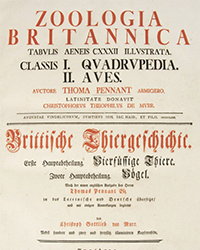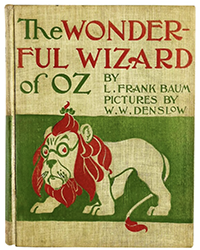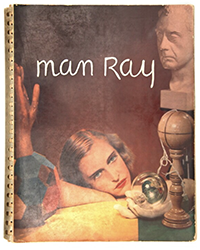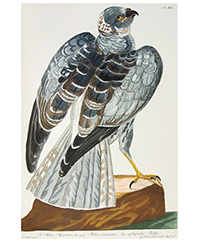Rare Book Monthly
It's Time to Take a Look at Google Book Search
By Michael Stillman
Google Book Search recently added a couple more major universities to its controversial book-scanning project. Signing on in January was the University of Texas at Austin, while in February Princeton joined the club. That brought the total number of libraries to a dozen. Included are some of the most important libraries in the world: New York Public, Oxford, University of Michigan, Stanford, Harvard, and the University of California system. Now that the project has reached a substantial scale, both in terms of books scanned and prestigious libraries participating, it is time to take a closer look. After all, Google is barreling ahead, controversy notwithstanding, and Google has enormous resources at its disposal. This project has the potential to totally change the way books are used, and with it, the way libraries and booksellers conduct their business. No one should underestimate the significance of Google on a mission.
There are three types of books Google scans. The first is books clearly outside of copyright protection. These are mostly pre-1923 books, now open to all. Google can scan and make the full text of these books viewable to the public without there being any legal objections. The second type is copyrighted books where Google has been given permission by the publisher to scan and display at least part of the text. Again, there is no controversy here since the copyright holder has granted permission. The third type covers all other post-1923 books, but mostly those long out of print. Depending on whether copyright extensions were obtained years ago, these books may or may not still be under copyright. Here is where the controversy begins.
Google has chosen to scan the entire text of the oldest of this maybe protected, maybe not group of books, but display only "snippets" to the public. "Snippets" are just what they sound like, very small sections of text, perhaps three or four lines, including the term for which the viewer searched. You get to see where in the book your term can be found, and a small amount of surrounding text, but not enough context to learn much of anything. If you want more, Google will point you toward libraries and booksellers which have a copy. If none do, they are too far away, or the cost too high (especially since the snippet does not provide enough information to discern whether the resource is truly useful) you are out of luck.
However, while what you can see in a "snippet" is too small to tell you anything very useful, some publishers feel even this is too much. Their position is that if a book is under copyright, Google has no right to display even a "snippet" without obtaining permission. Google has responded that a "snippet" is within the "fair use" exception of copyright law, similar to a book reviewer quoting a line or two in his review, a generally accepted practice. The publishers counter, maybe so, but you are copying the entire book and placing it on your servers, even if you only display a "snippet" at a time, and copying the entire text constitutes a violation. While Google has agreed to remove books if the copyright holder objects, the publishers argue this places the cart before the horse. Google needs to get permission first, not ignore the holder's rights and wait for him to object. You cannot steal property and wait for the owner to object, keeping it if he or she never figures out what you did.

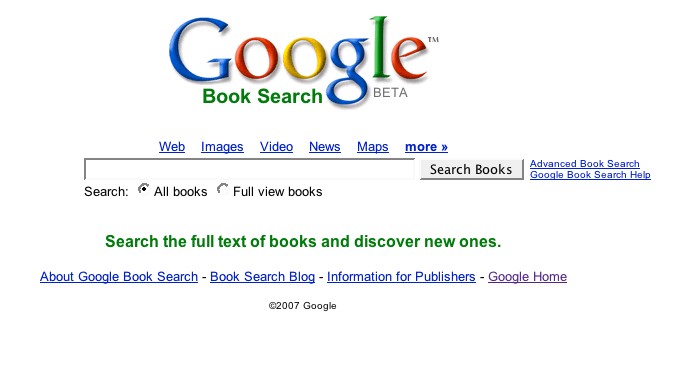
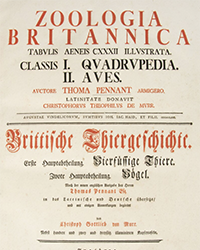
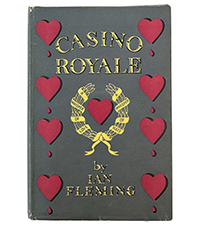
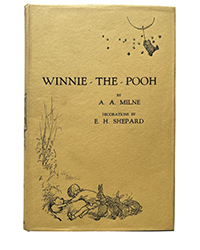
![<b>Sotheby’s:</b> Ernest Hemingway. <i>Three Stories And Ten Poems,</i> [Paris], (1923). First edition of Hemingway’s first published book. $75,000. Sotheby’s: Ernest Hemingway. Three Stories And Ten Poems, [Paris], (1923). First edition of Hemingway’s first published book. $75,000.](https://ae-files.s3.amazonaws.com/AdvertisementPhotos/acf970a0-a15d-4c79-aa24-5e8e414cb465.png)
